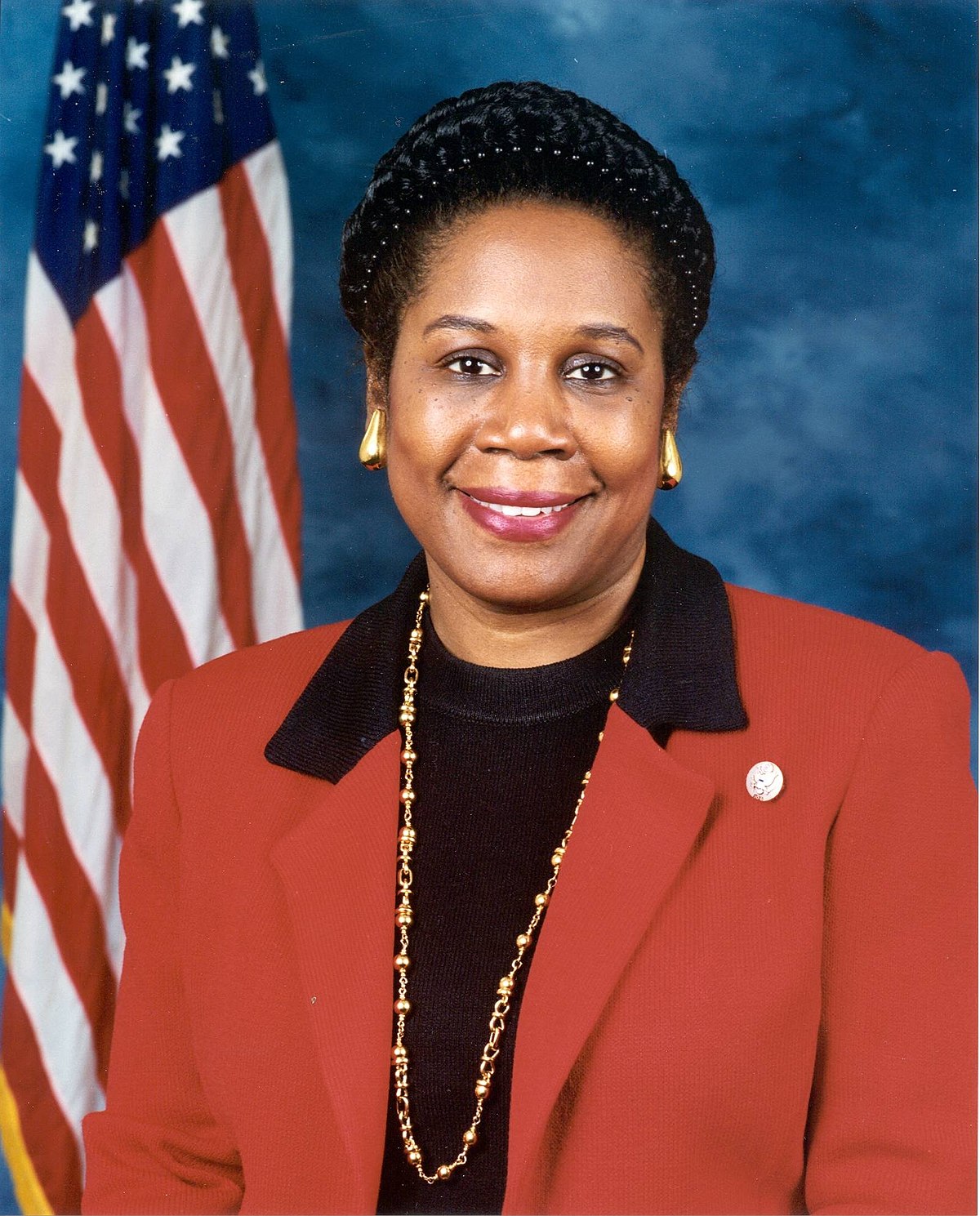-
-
BILL SPONSOR

-
Dean Heller
Republican - NV
-
-
TRACK BILL
-
Bill Progress
BILL INTRODUCED 2/4/2014
SENATE PASSED
HOUSE PASSED
PRESIDENT TO PRESIDENT
PRESIDENT SIGNS
-
-
-
S.1989 : A bill to amend the Communications Act of 1934 to provide for greater transparency and efficiency in the procedures followed by the Federal Communications Commission, and for other purposes.
-
- Rate Bill
Not yet rated
-
Federal Communications Commission Process Reform Act of 2014 - Amends the Communications Act of 1934 to require the Federal Communications Commission (FCC) to complete a rulemaking proceeding to adopt rules establishing:
minimum comment and reply periods for rulemakings;
policies to ensure that the public has notice and an opportunity to respond to comments, ex parte communications, or materials submitted toward the end of, or after, the comment period;
procedures for publishing the status of open rulemakings and items circulated for Commissioners' review;
deadlines for public notice, and guidelines for disposition, of certain petitions; and
procedures to include the specific language of proposed rules or amendments in proposed rulemaking notices.
Requires performance measures to be included in notices of proposed rulemakings or orders that would create or substantially change a program activity. Defines "program activity" as a specific activity or project as listed in the program and financing schedules of the U.S. annual budget, including any annual collection or distribution or related series of collections or distributions by the FCC of $100 million or more.
Directs the FCC to seek public comment regarding whether the FCC should: (1) establish procedures for allowing a bipartisan majority of Commissioners to place items on an open meeting agenda and for publishing in advance of such meetings the text of agenda items on which the FCC will vote; (2) establish deadlines for the disposition of certain license applications; and (3) publish orders, decisions, reports, and actions within 30 days after adoption.
Requires the FCC to initiate a new rulemaking proceeding every five years to continue its consideration of procedural rule changes.
Allows a bipartisan majority of Commissioners to hold a nonpublic meeting, including a meeting to collaborate with joint boards or conferences, if: (1) no votes or actions are taken, and (2) an attorney from the FCC's Office of General Counsel is present. Requires such a closed meeting to be disclosed within two business days after the meeting, along with a list of persons in attendance and a summary of discussed matters, provided that such matters are not classified or otherwise exempt from disclosure.
Directs the FCC to provide on its website: (1) information regarding the FCC's budget, appropriations, and total number of full-time equivalent employees; (2) the FCC's annual performance plan; and (3) information about consumer complaints in a publicly available, searchable database.
Directs the FCC to: (1) complete actions necessary for the required publication of documents in the Federal Register within specified time frames; (2) inform the public about its performance and efficiency in meeting disclosure and other requirements under the Freedom of Information Act; and (3) publish on its website and in other required formats an anticipated release schedule for all statistical reports and reports to Congress.
Prohibits the FCC, in compiling its quarterly report with respect to informal consumer inquiries and complaints, from categorizing an inquiry or complaint under the Telephone Consumer Protection Act of 1991 (places restrictions on telephone solicitations and automatic dialing systems) as a wireline or wireless inquiry or complaint unless a wireline or wireless carrier was the subject of the inquiry or complaint.
Exempts permanently from the Antideficiency Act (prohibits expenditures or obligations of federal funds exceeding an amount available in an appropriation or fund) the collection of Universal Service Fund contributions and the use of such contributions for universal service support programs. (Currently, universal service funds are collected and distributed under a temporary waiver provided in the Universal Service Antideficiency Temporary Suspension Act.)




